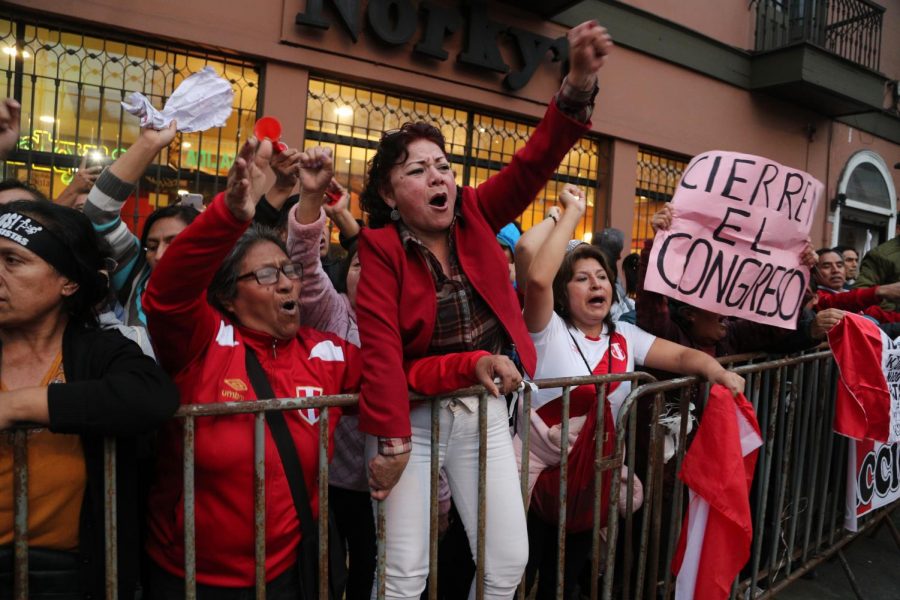Peru in Constitutional Crisis
Oct 10, 2019
Peru has been thrown into a constitutional crisis after the Peruvian president dissolved the country’s Congress which, in turn, has claimed his decision was unconstitutional. Congress then suspended the president, and pronounced the vice president the legitimate leader.
President Martín Vizcarra dissolved the Peruvian Congress on Sept. 30, saying that Congress was not cooperating with anti-corruption measures. Opposition party members, who were in the majority in Congress, said that Vizcarra’s dissolution amounted to a coup d’etat, according to the BBC.
In response, Congress moved to suspend President Vizcarra for 12 months, which has spawned a constitutional crisis. Debate has erupted over the validity of the now-dissolved Congress’ power to suspend Vizcarra.
After suspending the president, the opposition party quickly moved to nominate Vice President Mercedes Aráoz as the new acting president.
Both Vizcarra and Aráoz claimed to be the legitimate leaders of Peru. The heads of the armed forces and the police stated that they viewed Vizcarra as the constitutional president and that they would support him.
Shortly after being sworn in, however Aráoz posted a letter on Twitter saying that she was resigning as acting president. This came after the Organization of American States, a regional political body akin to the African Union, declared whether Vizcarra’s actions were constitutional or not should be Peru’s constitutional court’s decision.
Upcoming events will decide many things for the future of Peru. If the dissolution is ruled constitutional, then it will be the end of their careers for current legislators and a massive blow to the opposition party. Under a referendum introduced by Vizcarra, members of Congress are not eligible for reelection; losing their seats would also mean that they would lose their parliamentary immunity. This means that congressmen could be prosecuted freely, despite their office. Parliamentary immunity ends 30 days after the end of a congressman’s term of office.
Peru’s constitutional crisis will undoubtedly be a long legal fight, all rooted in anti-corruption efforts, but it also may reaffirm Peru’s commitment to democracy and establish the rule of law.












